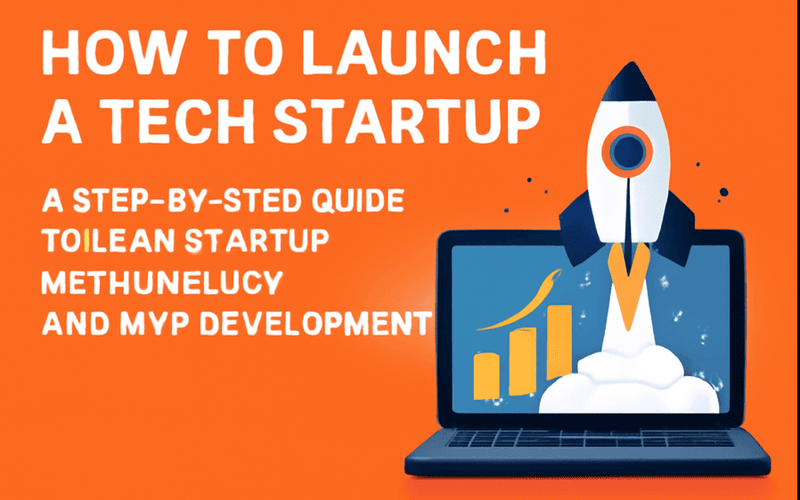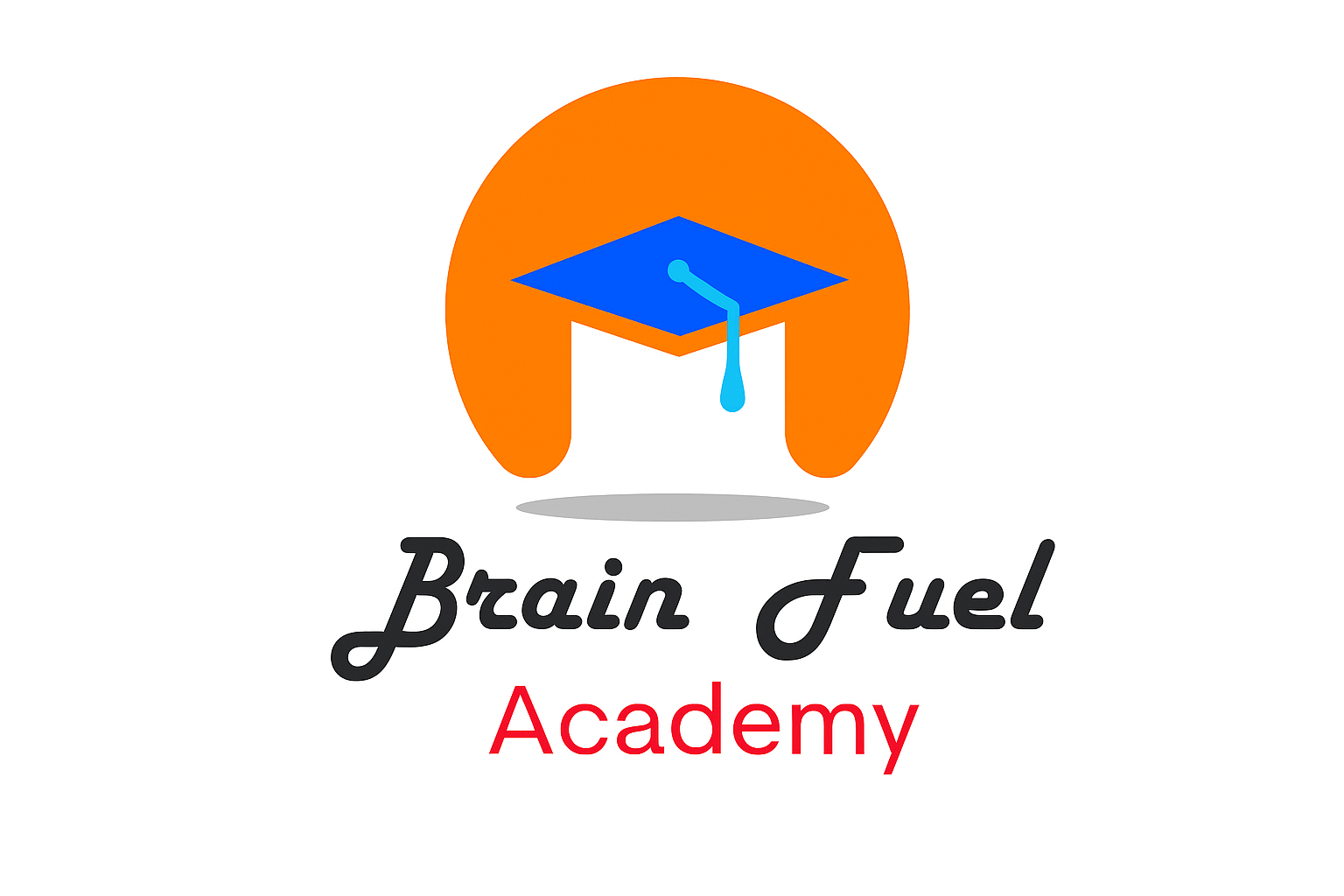Currently Empty: $0.00

The Key Trends for IT Startups in 2025
As we enter the midpoint of the decade, 2025 presents a fertile ground for IT startups to thrive, innovate, and reshape industries. The pace of technological advancement has never been faster, and startups are not just keeping up—they’re leading the charge. A defining characteristic of this year is the dominance of artificial intelligence. Startups are increasingly building their business models around AI from inception, treating it not as an add-on but as a core engine of value. Generative AI, in particular, has become more refined, enabling new possibilities in automation, content creation, software development, and customer interaction. These companies are also tailoring AI for specific domains like healthcare, education, and finance, making their solutions more targeted and effective.
1. The Growth of AI-Powered Solutions
AI is no longer just a thing of the future; it’s a real thing that is changing how organizations work right now. This is an exciting time for IT startups to use AI tools to make better decisions, automate tasks, and improve processes.
AI-powered solutions in IT startups include:
AI-powered chatbots and virtual assistants are making customer service easier by being available 24/7 and responding right away. For example, new companies in the SaaS industry can employ AI-powered chatbots to answer questions, create tickets, and fix problems without any help from people.
Predictive Analytics: AI systems can look at old data and provide you information that helps you guess what will happen in the future. This can be very important for IT firms that work with data analytics since it lets them predict client behavior, market demand, and even possible threats.
2. More people are using cloud computing
Cloud computing has already changed how firms store data, use processing power, and grow. By 2025, IT entrepreneurs will use hybrid cloud environments more and more. These environments combine public and private cloud solutions to give users more options and security.
How to Apply:
Cloud Storage Solutions: Startups can use cloud storage to manage their data. Amazon Web Services (AWS) and Google Cloud are two examples of services that let startups store and analyze data without having to pay for actual servers.
Cloud-Native Development: The future of IT startups is to make apps that are cloud-native, which means they are made to run in the cloud. This method lets startups easily grow their infrastructure based on demand, which improves performance, security, and flexibility.
3. Making cybersecurity and data privacy the most important things
Cyber threats change as technology does. In 2025, IT entrepreneurs will have to put a lot of effort into keeping their businesses and customers safe from more advanced threats by focusing on cybersecurity and data protection. Recent projections say that cybercrime would cost firms almost $10.5 trillion a year by 2025. Taking proactive security measures is very important for IT companies to keep trust and stay in compliance.
Here are some examples of the best ways to protect your computer:
Encryption: When you encrypt sensitive data while it is at rest and while it is in transit, it stays safe even if there is a breach.
The Zero Trust Architecture security paradigm says that every device or user, whether they are on the network or not, is not trusted. Startups in IT should employ zero trust policies to make sure that users are who they say they are and that they have access to what they need.
4. Automation and Improving Processes
Automation will be a key part of future IT startups. By 2025, automation will be even more important in all areas, from making software to managing client relationships (CRM). IT startups may focus on high-value jobs like coming up with new ideas and getting customers involved by automating regular work.
Here are some real-life examples of automation:
DevOps Automation: For software development startups, tools like Jenkins or GitLab can help speed up the software release process, which cuts down on time to market and improves the quality of the program.
Marketing Automation: AI-powered marketing automation platforms like HubSpot or Marketo can help startups with email campaigns, customer segmentation, and lead scoring. This lets the marketing team focus on making content and coming up with strategies.
5. The rise of edge computing
Edge computing is another innovation that will have an impact on the future of IT startups. Edge computing brings data processing closer to the source, which cuts down on latency and bandwidth use. This is especially crucial for new businesses that deal in areas like IoT (Internet of Things) and real-time data analysis.
Rules for using edge computing:
IoT Integration: Edge computing can help IT companies that make IoT apps by letting devices analyze data locally. This means they don’t have to rely as much on cloud infrastructure and can improve performance in real time.
Low-latency Applications: Startups that work with real-time data processing, like self-driving cars or industrial automation, would profit substantially from the speed and efficiency of edge computing.
Important AI Tools for New IT Businesses
AI is changing the way IT startups work by giving them tools that automate tasks, help them make better decisions, and make the customer experience better. These are some important AI tools that every IT startup should think about using by 2025.
1.Tools for Natural Language Processing (NLP)
NLP is a part of AI that lets machines understand, interpret, and respond to human language. NLP tools are very important for IT startups who want to improve customer service, provide content, or manage social media.
NLP tools that are well-known:
OpenAI GPT: OpenAI’s GPT (Generative Pretrained Transformer) model is used in many different ways, such as making chatbots and generating content. Startups can use GPT in their customer service products to have smart discussions.
The Google Cloud Natural Language API is Google’s NLP API. It helps you understand text by breaking it down into its meaning, sentiment, and context. This could help new businesses in the content and media industries that want to automate text analysis.
2. Tools for AI-Driven Analytics
AI analytics tools can help IT startups find trends and patterns in huge volumes of data that people might miss. These tools are very useful for new businesses in the fields of data analytics, marketing, and e-commerce.
Tools for AI Analytics:
Google Analytics 4 (GA4): The latest version of Google Analytics has AI features, such as predictive analytics that guess what users will do next. This tool can be quite helpful for new businesses that want to improve their digital marketing plans.
Tableau with AI Integration: Tableau’s analytics platform, which uses AI, makes it easier for companies to see and understand data. It lets people who aren’t technical look at complicated datasets and come up with useful information.
3. Chatbots that use AI
AI chatbots are changing the way organizations talk to customers. These tools can help you right away, answer common inquiries, and even handle transactions.
Some AI Chatbot Tools are:
Drift: Drift has AI-powered chatbots that can qualify leads, handle client questions, and set up appointments. You can connect this tool to a startup’s CRM system to make things easier.
Tidio: Tidio’s chatbot technology enables IT startups give better customer service by answering questions and handling requests automatically. The program also works with a number of chat apps, such as WhatsApp and Facebook Messenger
4. Project management tools that use AI
It is quite important for any IT startup to be able to manage projects well. AI-powered project management solutions can take care of scheduling, allocating resources, and deciding which tasks are most important.
Some AI project management tools are:
This tool, Monday.com, uses AI to automatically assign tasks, keep track of project deadlines, and advise the best ways to get things done. This helps IT firms manage their resources and deadlines well.
Trello with Butler AI: Butler AI for Trello takes care of task management on the Trello platform, which helps businesses streamline their project processes and focus on the most important activities.
5. Tools for Finding Fraud Using AI
When companies grow, they are more likely to be victims of fraud and security breaches. AI-based technologies for detecting fraud can help find shady activity and stop money from being lost.
Tools for Detecting AI Fraud:
Kount: Kount’s fraud prevention technology uses AI to help new e-commerce businesses spot fake transactions and cut down on chargebacks. It looks at transaction data in real time to find behaviors that seem strange.
Sift Science: Sift’s machine learning technology helps entrepreneurs find and stop fraud across a range of channels, from payments to account logins.
How to Use These Tools and Trends in Your Startup
Now that we’ve talked about the main trends and AI tools that are changing the future of IT startups, let’s talk about how you can use these new ideas in your own firm.
1. Accept a culture based on data
Startups need to get everyone in their company to think about data in order to successfully use AI and cloud computing. Use AI tools to get useful information from all of your touchpoints, such as customer conversations, website traffic, and product performance.
2. Start small and grow slowly
For a lot of new businesses, using advanced AI tools can seem scary. Add one or two AI tools to your current workflow to get started. You may start by utilizing an AI-powered chatbot for customer care or an analytics tool to keep an eye on how well your website is doing.
3. Work with Professionals
If you don’t know much about AI or cloud computing, you might want to work with people who do to help you through the process. A lot of AI companies offer consulting services to help new businesses get the most out of their products.
4. Make sure your data is safe
Make sure your data security processes are up to date as you use new technologies, including AI and cloud computing. To keep your business and your clients safe, spend money on encryption, authentication, and other cybersecurity procedures.
The future of IT startups is full with intriguing chances that come from new technologies. AI, cloud computing, and cybersecurity will be very important for the development of new businesses in 2025. Startups can go ahead in a market that is getting more and more competitive by keeping up with important developments and using important AI tools.
As things change, the best way to stay competitive will be to accept change, use AI, and keep your focus on customer-centered innovation. In the next few years, the IT startups that do well will be those that are flexible, look to the future, and are ready to use new technology to their advantage.






